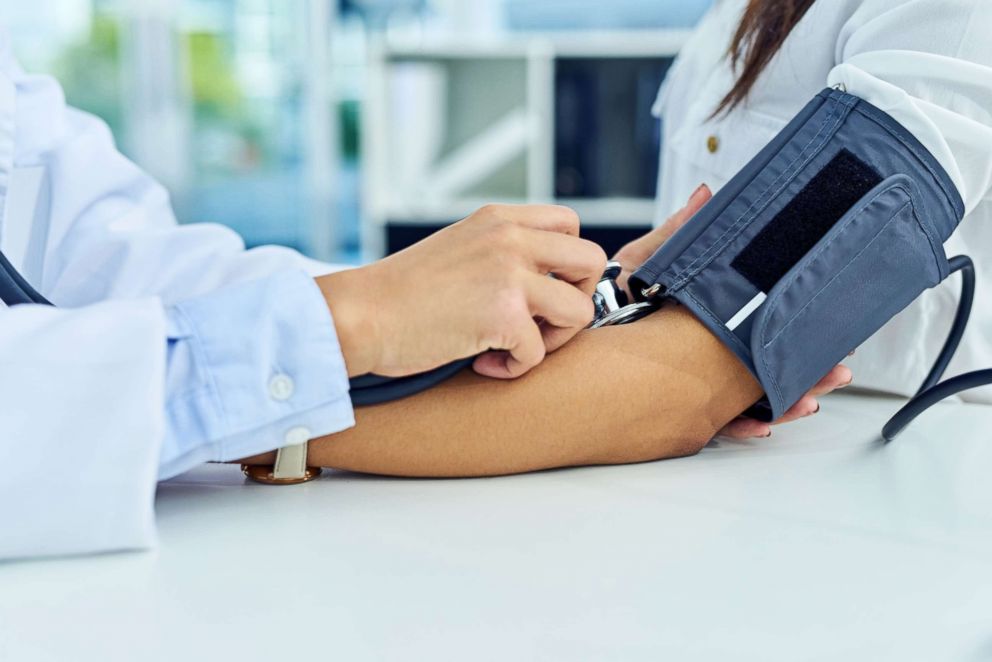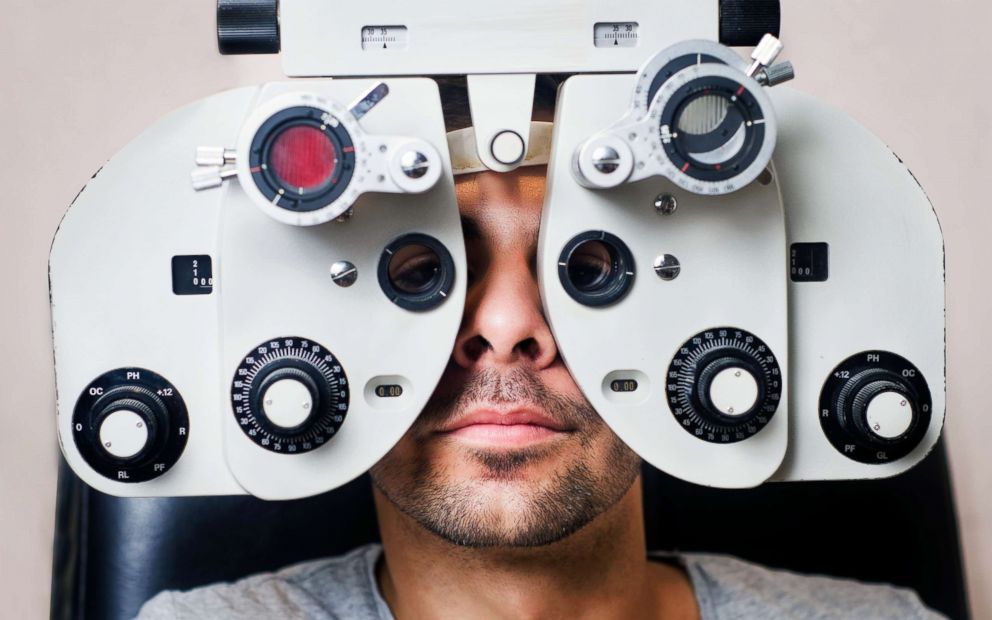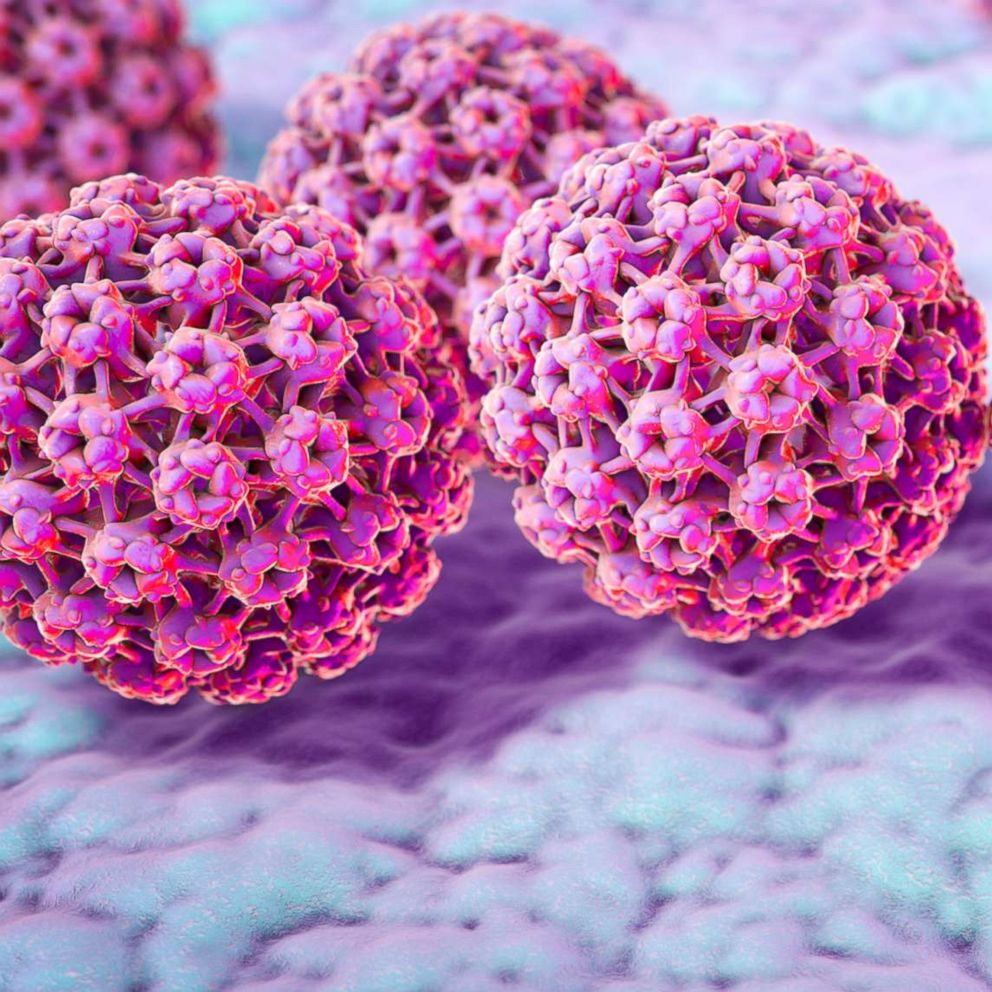6 health screening tests millennials should know about
Why the Google generation should start talking to doctors.
Let’s face it, millennials are getting older and need to start adulting and considering their long-term health. Having a proactive approach to health care can save a lot of trouble down the road, but with so many tests and screenings available it’s hard to know where to start.
“If you are unsure of when you need what test, it's as simple as finding a local primary care physician,” said Dr. Niket Sonpal, adjunct assistant professor at Touro College of Osteopathic Medicine and clinical instructor at Kingsbrook Jewish Medical Center in Brooklyn, New York. “Asking them for an annual health assessment which will review what is recommended by your age and medical history.”
“Good Morning America” spoke to noted medical experts to outline what millennials should know about health screenings in their 20s and 30s.
Get screened
Medical screenings are accessible, relatively easy to perform, usually inexpensive and can be lifesaving. Some of the most common screenings include those for blood pressure, sexually transmitted diseases and infections, mental health, eye health and skin cancer.
When you get a screening, it’s important to know “what you’re going to do with the results of that test,” ABC News’ Chief Medical Correspondent Dr. Jennifer Ashton told “GMA.”
How often you get screened depends on what is being looked at and if you’re considered high-risk. It is also important to remember that the medical organizations can differ with their recommendations, so the best thing to do is to see your doctor.

1. Colorectal screening
Traditionally, doctors begin perform colonoscopies on patients when they reach their 40s and 50s. However, there has been a rise in colorectal cancer in younger people.
The symptoms include blood in stool, changes in bowel movements, abdominal pain and weight loss.
“Unfortunately, when a younger person has those symptoms, even their doctor or health care provider may fail to think of colorectal cancer because it’s not something that we’re accustomed to seeing so often in a younger population,” Ashton explained. “But it is something that people should be aware of.”
She says that even just mentioning it to your health care provider can generate proper screening. “This is a perfect example of how patient education and empowerment can inform their healthcare provider.”
2. Mental health screening
More than 40 million Americans 18 and older are dealing with some form of depression or anxiety, according to the Anxiety and Depression Association of America.
There is often the misconception that mental health exams can only be conducted by therapists or counselors, but primary care providers are often trained to help with mental health issues (they may recommend you to a specialist if you pose an immediate danger to yourself or others).
Ashton recommends talking with your doctor about mental health the same way you’d talk about any physical health concerns.
“Think of it no differently as if you were talking about blood pressure. If you had high blood pressure then we would be managing it. If you have depression or anxiety, it should be addressed, it should be treated, it should be managed,” she said.
If you do not have a primary doctor or yours is unable to help, there are other resources available to help you.
“Mental health, I think this is probably the most important issue to screen for in really every age group.” Ashton added. “It’s hard to have a healthy body if you’re having issues with your mind.”
3. STDs and STIs
Sexually transmitted diseases and infections are something that every sexually active person should be screened for, and doctors recommend regular testing for patients with multiple sexual partners or who engage in high-risk sexual practices.
Routine screenings for HIV, hepatitis C, syphilis, chlamydia, and gonorrhea can be done with a blood sample, urine sample, and cotton swab culture.
The human papillomavirus, more commonly known as HPV, is one of the most common STDs. An HPV vaccine are is available to patients ages 9-45 that prevents HPV from leading to cancer.
“My medical recommendation is 100% percent in support of the HPV vaccination,” said Ashton.
STD/STI screenings can be conducted at most health care facilities, but a helpful tool shows STD testing sites based on ZIP codes.
4. Skin cancer screening
People of all skin tones can get skin cancer, so it is important to consider a thorough skin screening -- especially people with moles, freckles, fair skin or a family history of skin cancer, which are considered higher risk.
“You should have a full skin check at some point in your life,” Ashton said. “When you get around 35, 40 years old, that’s a good idea to get a dermatologist to do a complete body check.”At the end of the day, a proactive approach to personal health can be beneficial in the long run.
5. Blood pressure
Blood pressure screenings are important because doctors can oftentimes detect high levels early on and encourage lifestyle changes to lower it. High blood pressure can increase risk of a stroke or heart attack.
The U.S. Preventive Service Task Force recommends that adults ages 18-40 get their blood pressure checked every three to five years, but your primary health care provider can conduct checks during at your annual exam and some pharmacies now offer screenings.
What constitutes high blood pressure? The cutoff is 130/80, which means that if your results are higher, then you have elevated blood pressure and over time could be harmful to your health.If your results are high, your doctor may discuss lifestyle and behavioral changes such as exercise, diet and stress reduction to help lower your blood pressure.
6. Eye exams

The Mayo Clinic recommends getting an eye exam every five or 10 years if you’re in your 20s or 30s, but you should definitely visit more often if you wear or need glasses or contacts.
Raise your hand if you think you’ve ever had a full eye exam? That’s the one performed by an ophthalmologist -- not an optometrist, who tests your vision. A full eye exam requires your eyes to be dilated, which most people dread and avoid, but it’s absolutely essential since it can detect more serious issues like eye cancer and glaucoma, Ashton warns.
And remember to always wear sunglasses that block UVA and UVB rays.
“There is nothing wrong with a Google search, but all patients -- not [just] millennials -- should know that those searches can lead to unnecessary anxiety, and [do] not compare to a decade of experience clinicians have,” Sonpal said. “Best bet: see your doctor or even speak to them on the phone. We can then tell you if you need to come see us sooner.”
This story was originally published on February 27, 2019.







